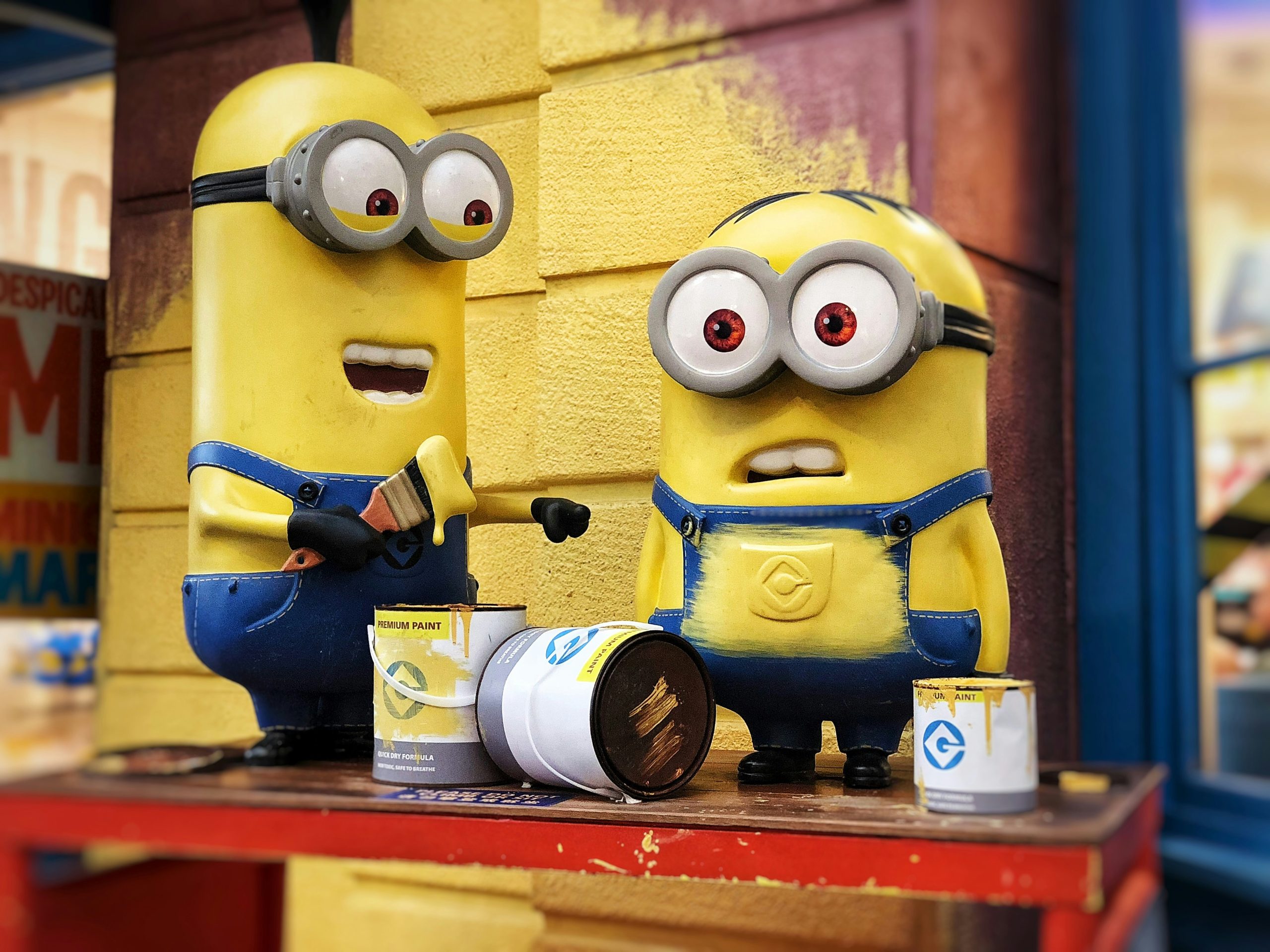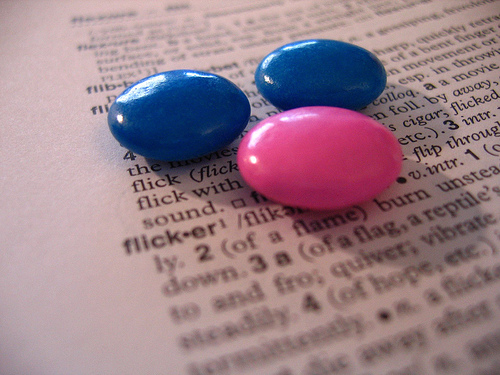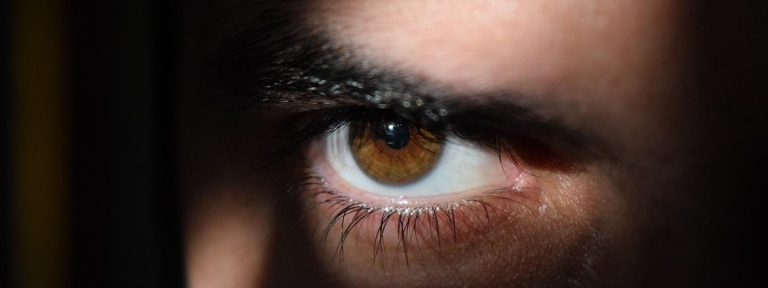Brainstorming Your Perfect Protagonist
Fiction readers love a great protagonist—someone who is multidimensional, dealing with lots of inner conflict, and passionate about something that impacts their daily life. The importance of a well-crafted protagonist cannot be overstated. We all have favorite protagonists that live in our minds and hearts long after we’ve journeyed with them through the pages of books.
But how do you come up with a character that will be perfect for your story and won’t suffer from stereotyping and superficiality?
I’ve encountered many writers who start by finding photos, using that as a starting point to develop a character. Well and good—it does help to picture what they look like. But that can be a pitfall. There are certain stereotypes that accompany “looks,” and we risk creating a superficial character if looks are what’s focused on.
Some writers use personality “types” to create their characters (such as the Myers-Briggs Type Indicator). While it can be helpful to drill down into characteristics to arrive at a personality “type,” that can sometimes bypass the needs of the plot and premise.
We want our protagonist to be perfect for the situation we’ll be putting them in. I often use the example of the movie Taken. It wouldn’t work to have a mousy accountant without any law enforcement experience to go track down his daughter’s abductors in a foreign country. Fine, if you want to write a comedy (though that is not the kind of topic you want to humorize), to have a bungling amateur somehow achieve rescue (a la The Pink Panther).
Motivation: The Driving Force
Moving beyond generic descriptors, the key to crafting a compelling protagonist lies in understanding their motivation. Motivation is the linchpin that propels your protagonist forward, steering them toward their goals. Of course, this is not just a concern for the central character; secondary characters and even your antagonist need motivations that intertwine with the protagonist’s journey.
By exploring the “why” behind your protagonist’s actions, you are on your way to crafting the best character for your story.
Ask your character a lot of questions: What do you want more than anything else? What will you do to get it? What will you do if you can’t? Why do you care about this thing/person so much? Freewrite and let this character tell you his dark secrets, fears, and frustrations.
The most important element in your story is the protagonist’s primary motivation for pursuing his visible goal. Novels are about one character chasing a goal (to retrieve something, to get something or somewhere, to rescue or save something, to win something, to find something, etc.). The inner motivation (tied to the core need) is what pushes him toward that goal.
So think about working backward and start with this—the big picture, your premise. If you’re writing The Martian, and your character’s goal is to get off Mars, which means surviving nearly four years alone before a rescue can be made, his motivation is to survive. Every scene from the inciting incident forward centers on that goal and the motivation driving toward it. Sounds simple, but a whole lot of writers omit this, and thus end up with novel failure.
The primary motivation ties in with the core need. You might think this is the same thing as inner motivation, but not necessarily.
Your core need might be to get your father to approve of you because your entire life he’s treated you terribly. But this isn’t necessarily what’s motivating you to push hard to make top of your MBA class, though it could be a factor. Your inner motivation for that might be to get approval from peers, get a great job to pay off your school debt, or win the heart of the cute girl in the front row. The inner motivation is tied in with the goal. The core need is about your personality and subconscious motivation.
How does motivation arise in us? Aside from genetics or personality or individual tastes or interests, often past events inform it. Whether overall upbringing, a series of incidents, or one impacting event, something (or things) in our past create that soup of motivation.
Spend a moment to think about yourself. What main goals are you pursuing in your life right now? What’s most important to you? Then consider the why. Why are you pursuing this goal? If you’re in school studying to be a lawyer, you might be doing it because you want to make a lot of money and attain that prosperous lifestyle you’ve yearned for. Or maybe you want to be a lawyer because you’re passionate about defending the rights of those oppressed.
Think about why you pursue these goals. Think how much can be attributed to your personality. Think about your upbringing and how that might have influenced you. Maybe you can’t think of anything other than “I want to be a writer because I enjoy writing.”
And while that’s perfectly all right and commonplace with just about any pursuit, as I mentioned, we don’t want our characters to be chasing after a goal just because “they feel like it.”
We want our fiction to be stronger and more intriguing than ordinary life (I say ordinary because a lot of life is highly intriguing and the stuff that makes great fiction stories).
So dig deep into your character’s motivation. I believe if you give your character a strong motivation based on specific events or circumstances in his past, you’ll have a compelling protagonist with depth.
Featured Photo by Justin Lim on Unsplash












Excellent article. Yes, motivation is the key to developing a realistic character. When I started writing I felt I had to agree with all my characters’ motivations and goals. Then I hit a point where I realized that was too limiting. I just needed to understand where they were coming from in order to write about them realistically. That was a turning point for me as a writer.